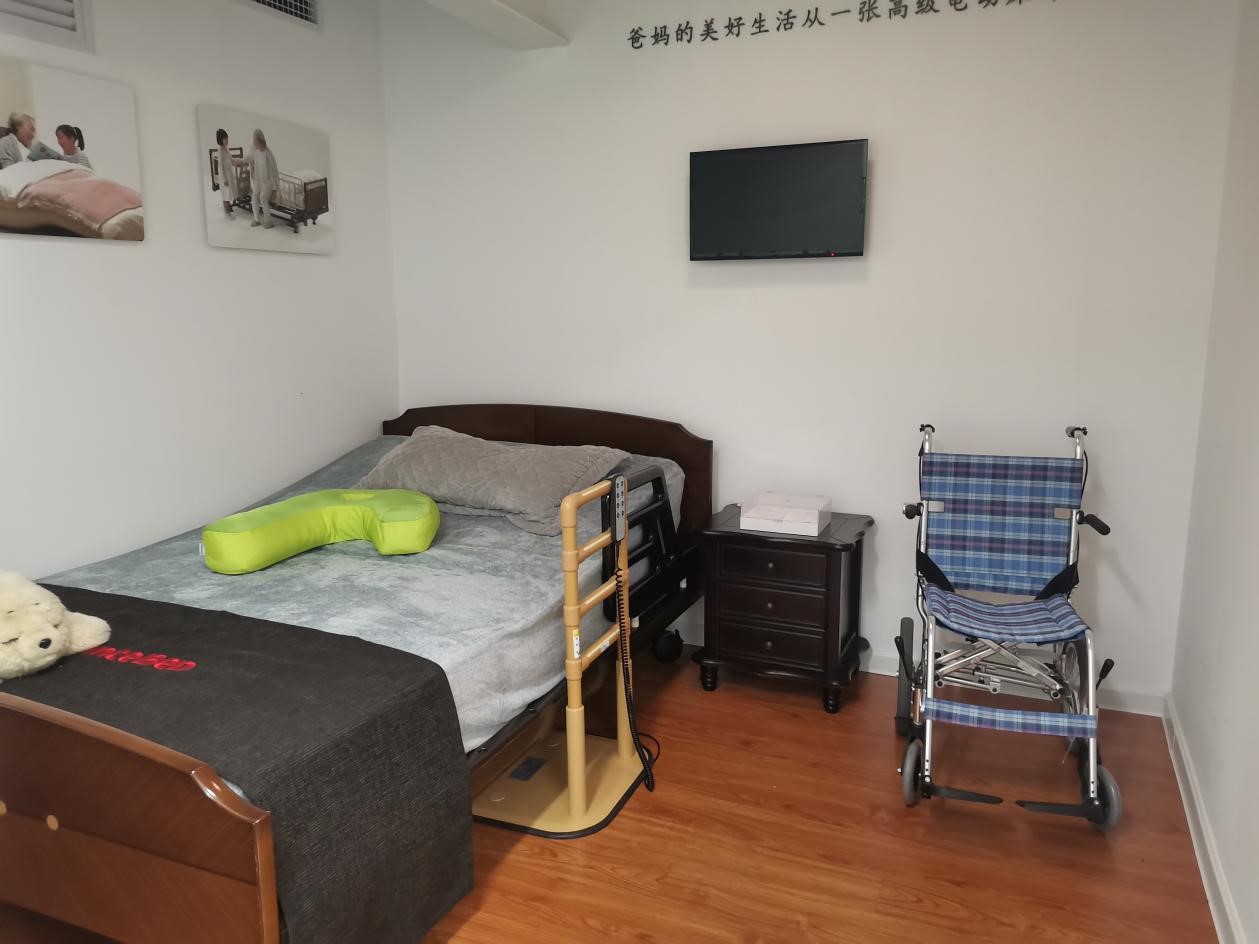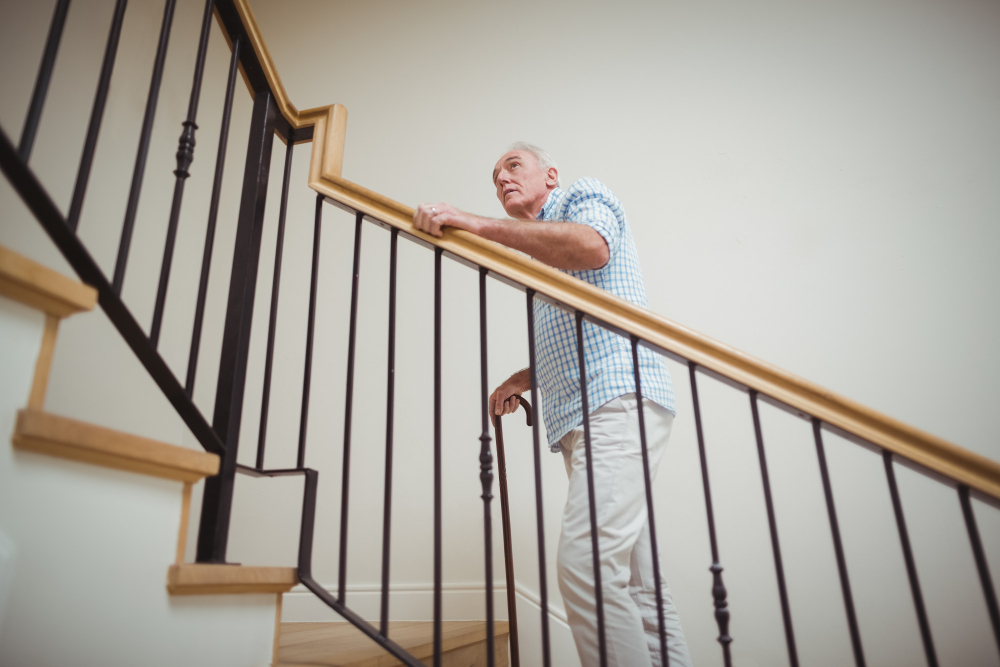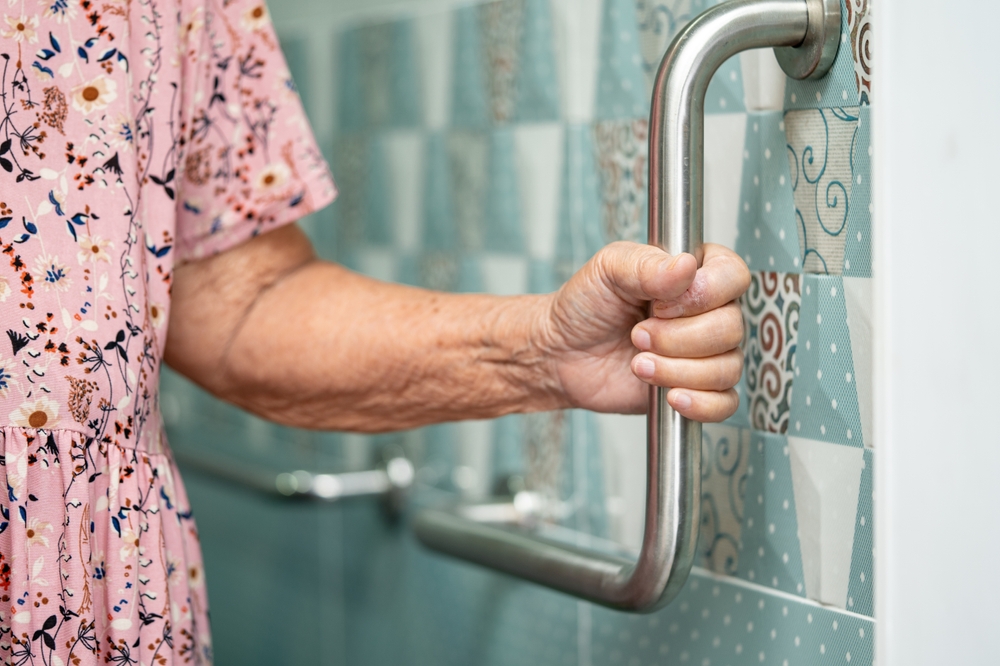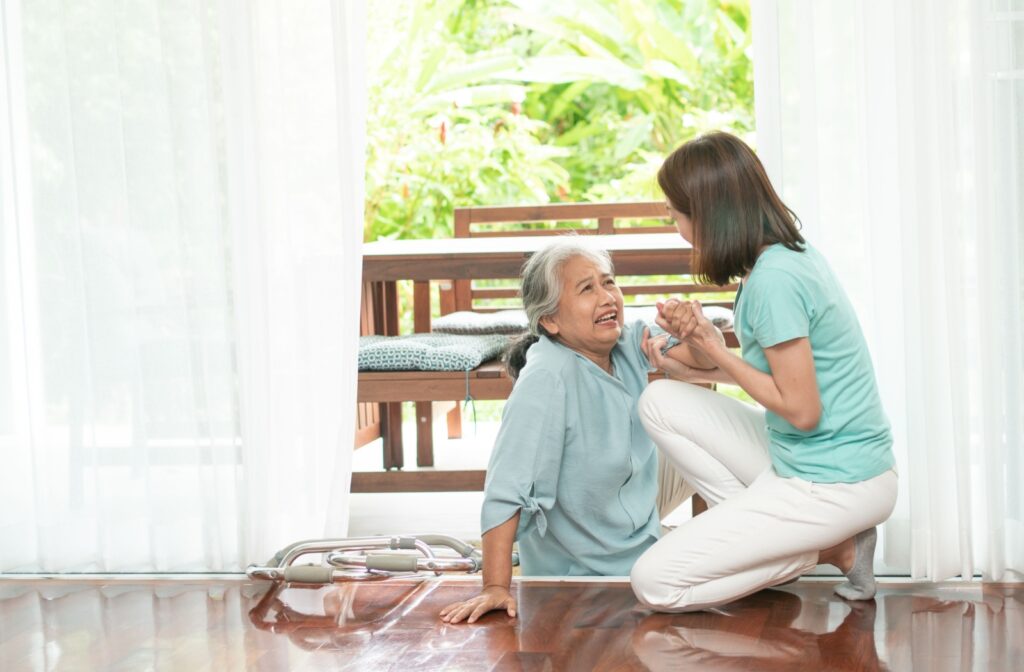In recent years, the usage of fall detection devices has surged, offering peace of mind to families and caregivers. However, a looming question remains: do fall detection devices interfere with sleep? Understanding this is crucial, especially for family caregivers concerned about the well-being of their elderly loved ones. This article will delve into the potential impacts, benefits, and solutions associated with these devices.
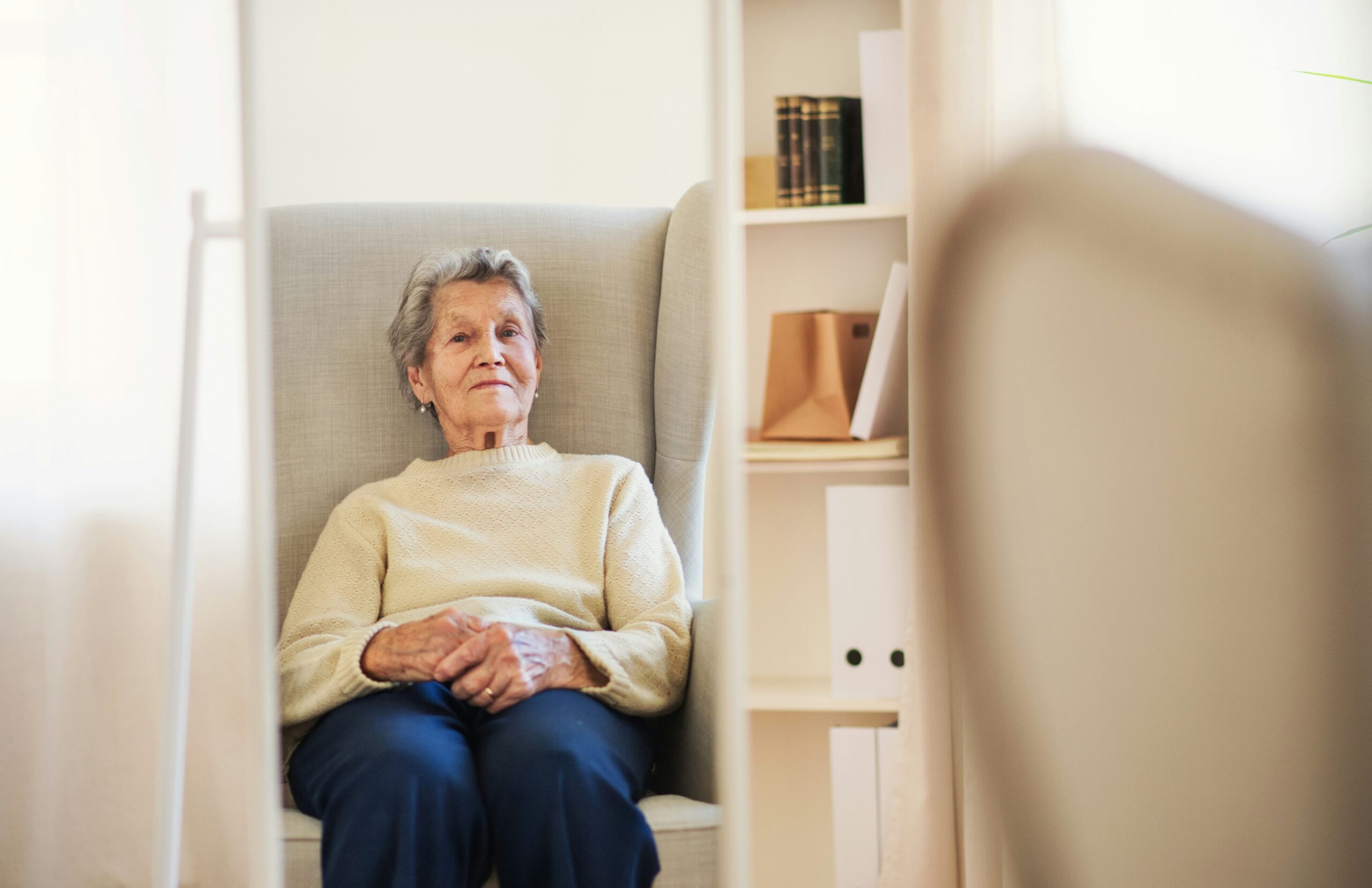
Understanding Fall Detection Devices
Fall detection devices are designed to detect falls and alert caregivers or emergency services. They can be life-saving for the elderly or individuals with mobility issues. These devices use various technologies such as accelerometers, gyroscopes, and even IoT sensors to detect unusual movements.
How These Devices Work
Typically, these devices are worn as pendants, wristbands, or incorporated into smart home systems. Upon detecting a fall, they send an alert to pre-set contacts or emergency services. This prompt response can significantly reduce the risk of severe injury or complications.
Importance of Sleep in Elderly Care
Sleep is crucial for cognitive function, emotional health, and physical recovery. Poor sleep can lead to numerous health issues, including increased fall risk. Therefore, understanding if and how fall detection devices impact sleep is vital.
Potential Interference With Sleep
The concern arises regarding whether the presence of these devices can disrupt sleep. Factors include device noise, comfort, and psychological impacts. Some users report that wearing a device can be uncomfortable, potentially affecting sleep quality.
Device Noise and Disruption
Some devices emit signals or alerts that can be disruptive. While these are essential for alerting caregivers, they may interrupt sleep if not managed properly.
Comfort and Wearability
Comfort is a significant factor. Devices that are cumbersome or poorly designed can hinder the ability to sleep soundly. Choosing the right device is crucial to minimize discomfort.
Psychological Impacts
Wearing a fall detection device might also have psychological effects, like increased anxiety or a feeling of being constantly monitored. Such feelings can hinder relaxation and sleep.
Benefits Outweighing Potential Drawbacks
Despite potential drawbacks, the benefits of these devices often outweigh the negatives. They provide a safety net, reducing the fear of falls and enabling more independence.
Enhancing Safety and Independence
By offering immediate assistance in the event of a fall, these devices can enhance the safety and independence of the elderly, leading to better overall mental health and sleep quality.
Solutions to Minimize Sleep Interference
There are strategies to mitigate potential sleep disturbances caused by fall detection devices. Selecting the right device and ensuring proper usage is key.
Choosing the Right Device
Opt for devices that are specifically designed to be comfortable and quiet. Research and consult with professionals to find the best fit for the individuals needs.
Proper Device Management
Ensure devices are correctly configured to minimize unnecessary alerts and disruptions. Regular maintenance can prevent malfunctions that might cause noise or discomfort.
Future of Fall Detection Technology
The future looks promising with advancements in technology. Innovations aim to create more comfortable and less intrusive devices, reducing any potential interference with sleep.
Emerging Technologies
Emerging technologies in elderly care solutions include AI and machine learning, which can enhance the accuracy and functionality of fall detection devices.
Conclusion
In conclusion, while there are concerns about whether fall detection devices interfere with sleep, the benefits they provide in terms of safety and independence are significant. Careful selection and management of these devices can minimize any adverse effects, ensuring that users can sleep soundly while staying safe.

FAQs
Do all fall detection devices cause noise?
Not all devices emit noise. Many are designed to be quiet, and any alerts can often be adjusted or muted to suit user preferences.
Can wearing a fall detection device create anxiety?
While some users may feel anxious, many find comfort in the added safety. It’s crucial to discuss any concerns with a healthcare provider to find the best solution.
Are there non-wearable fall detection options?
Yes, there are non-wearable options such as privacy-friendly solutions for detecting falls without physical devices.
For more information on fall prevention and safety, you can visit National Council on Aging.
This article contains affiliate links. We may earn a commission at no extra cost to you.


